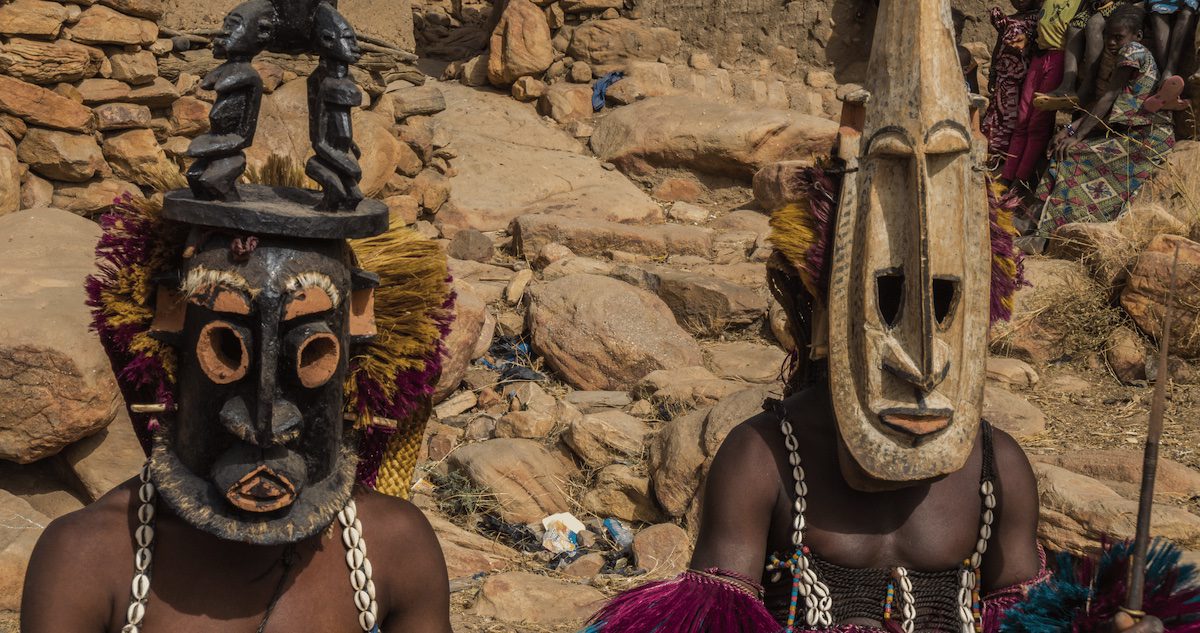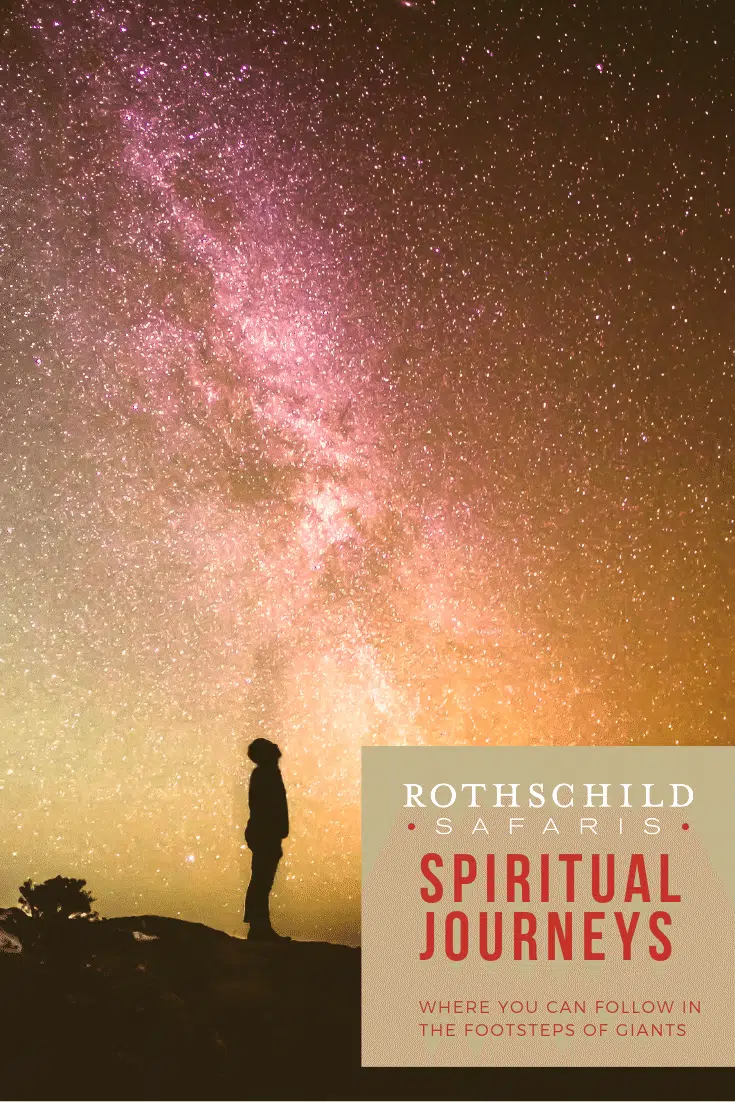 It is said that the culture of a nation resides in the hearts, souls and spiritual pilgrimages of its people.
It is said that the culture of a nation resides in the hearts, souls and spiritual pilgrimages of its people.
And it is through the culture and spirit of a country that we learn to read the heart and soul of the place we are visiting.
Culture is shorthand.
Culture is your VIP entrance to every destination.
All you need to know is where and how and what…
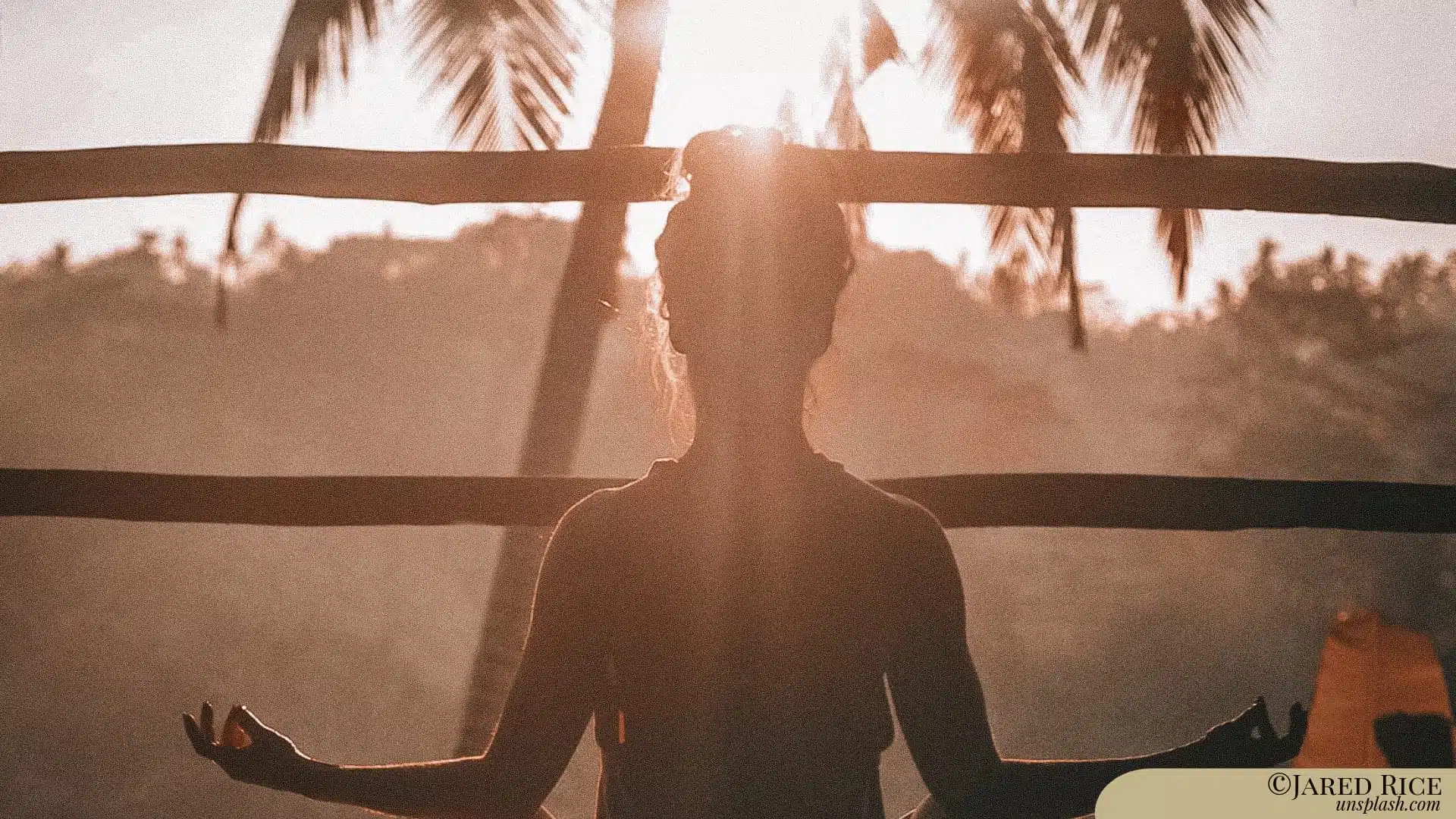 Spiritual Travel
Spiritual Travel
Regardless of your personal beliefs, it remains interesting to examine the notion of spirituality and how it may reside in a specific place on earth. The following destinations are all considered to be at the extreme end of the spiritual spectrum.
A Sacred Mountain, Sri Lanka
A giant pyramidal peak sits in the middle of tea country, and at the top, there is a dented rock that has been claimed by most religions on earth as the footprint of someone particularly sacred. The Buddhists believe it is Buddha, the Hindus are sure it is Shiva, and the Christian and Islamic religions claim it must be where Adam or Saint Thomas once stood. Confusing? This is where we let you in on the fact that every religion has its own name for Sri Pada, or Adam’s Peak or Shiva padam or Shivanolipatha Malai or Samanalakanda… etc.
First mentioned in the 4th Century, it was also mentioned by Marco Polo during his Travels of 1298 CE, and Ibn Battuta climbed to the summit in 1344.
You can climb up the 7,362 foot (2,244 m) mountain via pilgrim trails that wind through tea estates, past shrines, over steep steps next to deep ravines and forests filled with wildlife (who don’t care about footprints). Best to visit from December through May when you will not be hampered by heavy rain, extreme wind, and thick mists.
The view from the top alone is worth the effort of the climb. It is a spiritual journey the travel connoisseur will love.
Speak to Viji to learn more about Sri Lanka
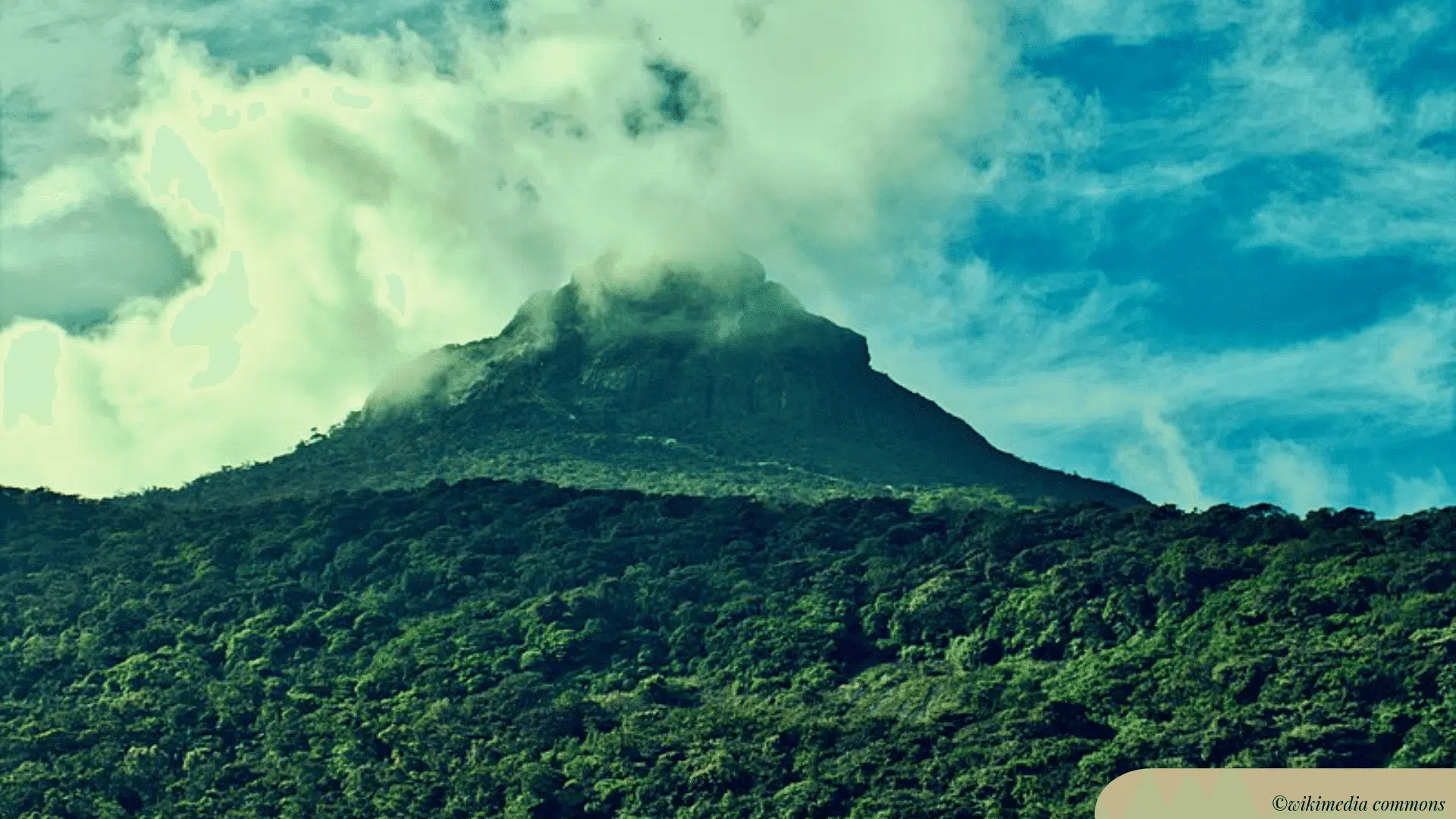 Lake Titicaca, Peru, and Bolivia
Lake Titicaca, Peru, and Bolivia
According to Incan mythology, Lake Titicaca (the largest lake in South America) is central to the birth of Inca civilization. They believe their creator god emerged from a rock on Isla del Sol above the 12,507 feet (3,812 m) elevation of the lake.
The discovery of a large temple submerged in the lake has only lent more mystery to this sacred destination.
Sail to the island to walk around (it is car-free), visit temple ruins, stay at a posada and pause often throughout this spiritual pilgrimage to gaze at the captivating Andes.
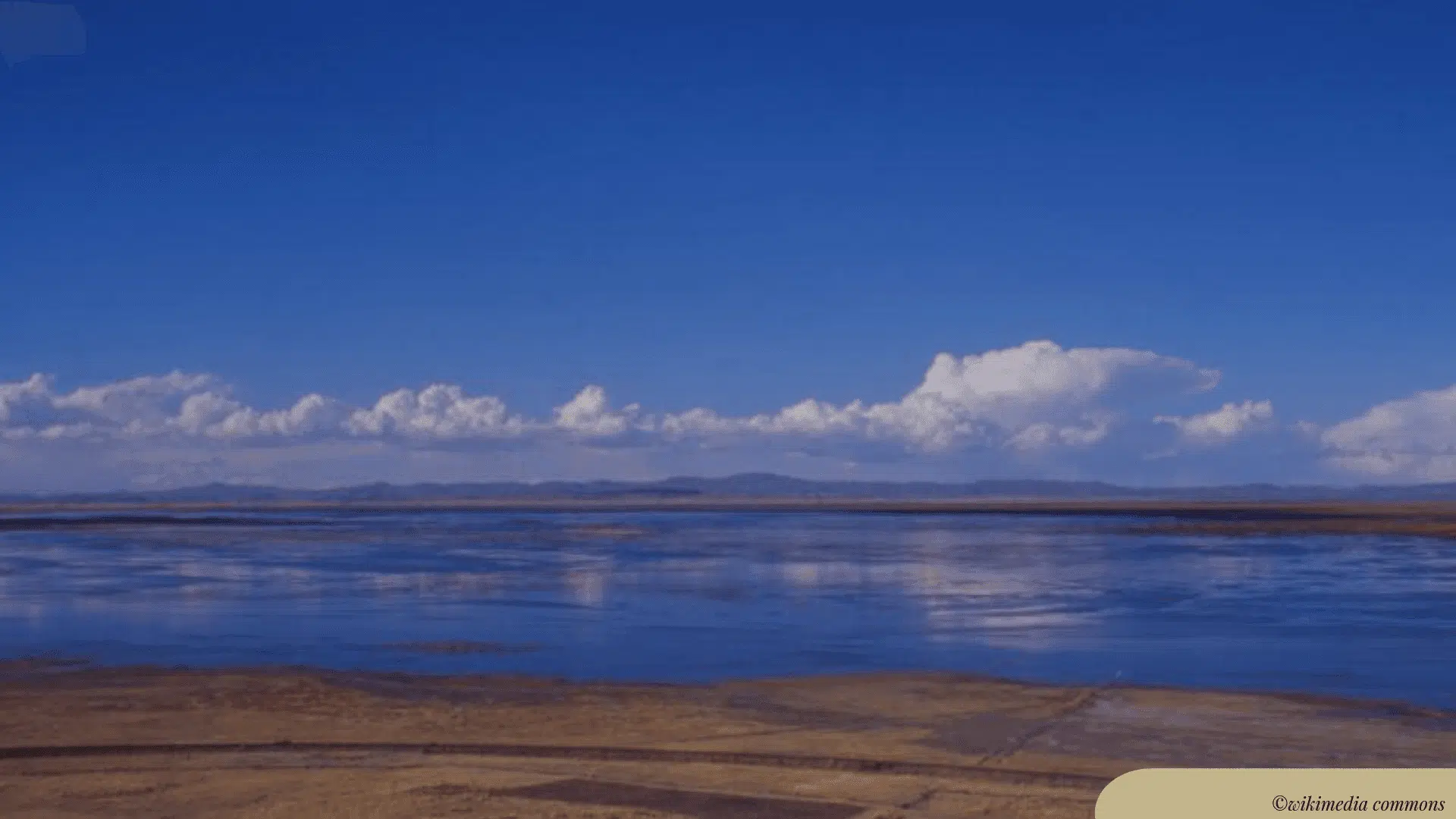 Cape Reinga, North Island, New Zealand
Cape Reinga, North Island, New Zealand
It isn’t the most northern point of New Zealand, but it is the end of the road… for travelers to New Zealand and for the spirit of deceased Maoris.
Above the point where the Tasman Sea runs into the Pacific Ocean, a gnarled pohutukawa tree that is believed to be over 800-years-old clings to the cliff. It is here that the Maori’s oral history tells us where their spirits will leap into the ocean to return to their ancestral homeland of Hawaiki and join the goddess Hinenuitep in the afterlife.
The drive from the Bay of Islands takes around 1.5 hours one way, and you can also see 90 Mile Beach. It might actually be only 55 miles (88 km) long, but it does feature incredible sunrises and sunsets and phenomenal surfing conditions.
If you are short on time, you can take a scenic flight over the area.
Eating is not permitted at the sacred Cape Reinga.
Chat to Jodie about your dream New Zealand trip
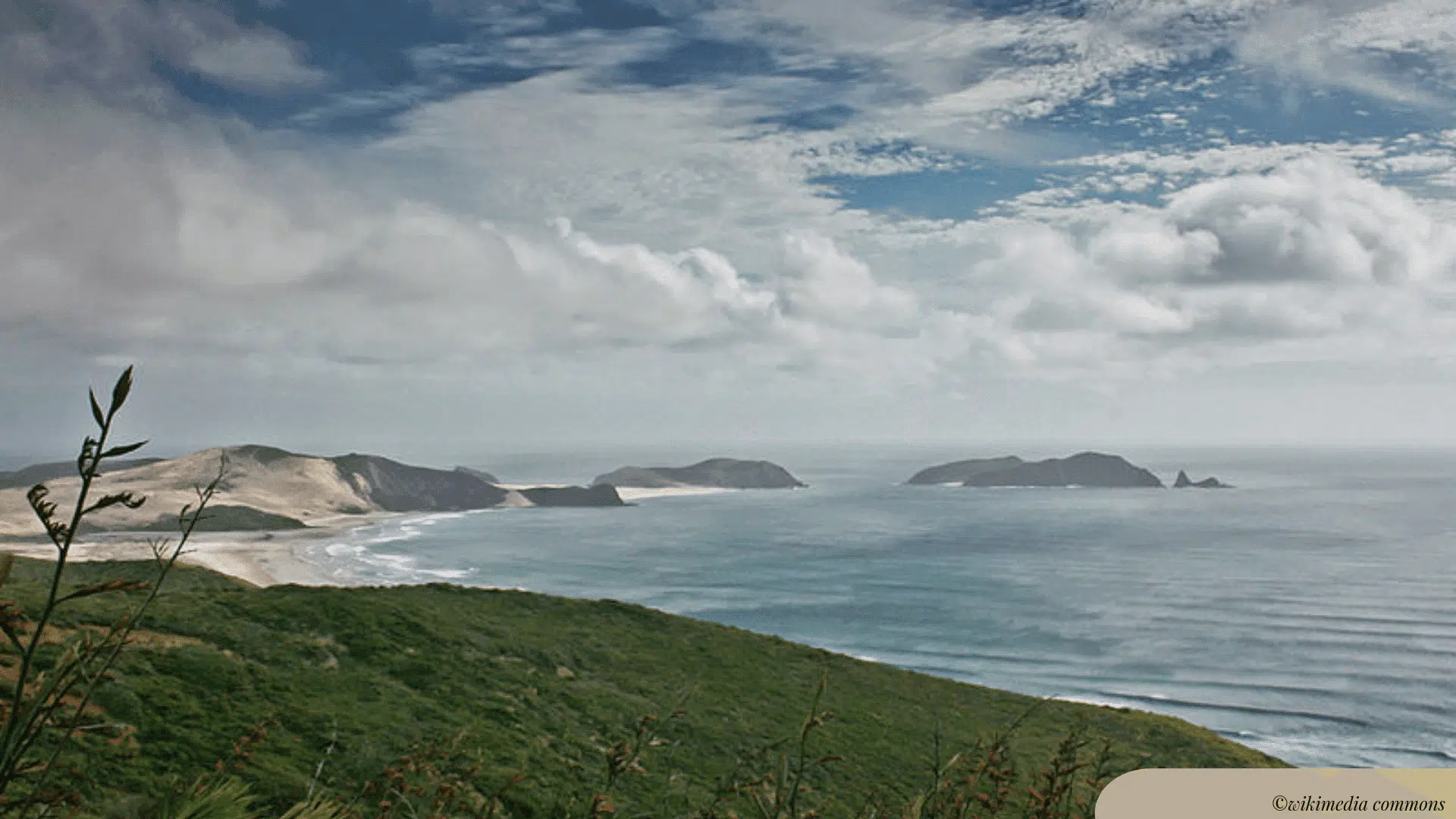
Religious holidays to seek
Meskel, Ethiopia
This Christian festival has commemorated the discovery of Jesus’ cross for the last 1,600 years. It is believed that pieces of the cross came to Ethiopia and in Meskal square in Addis Ababa, a colorful procession of priests, deacons and choir singers walk around a vast pyre, bearing ceremonial crosses and wooden torches decorated with olive leaves. The torch-bearers move forward in unison to set alight the slender pyramid-shaped structure, topped with a cross made from daisies.
Festivities continue the next day as people go to the bonfire and use the ash make the sign of the cross on their foreheads.
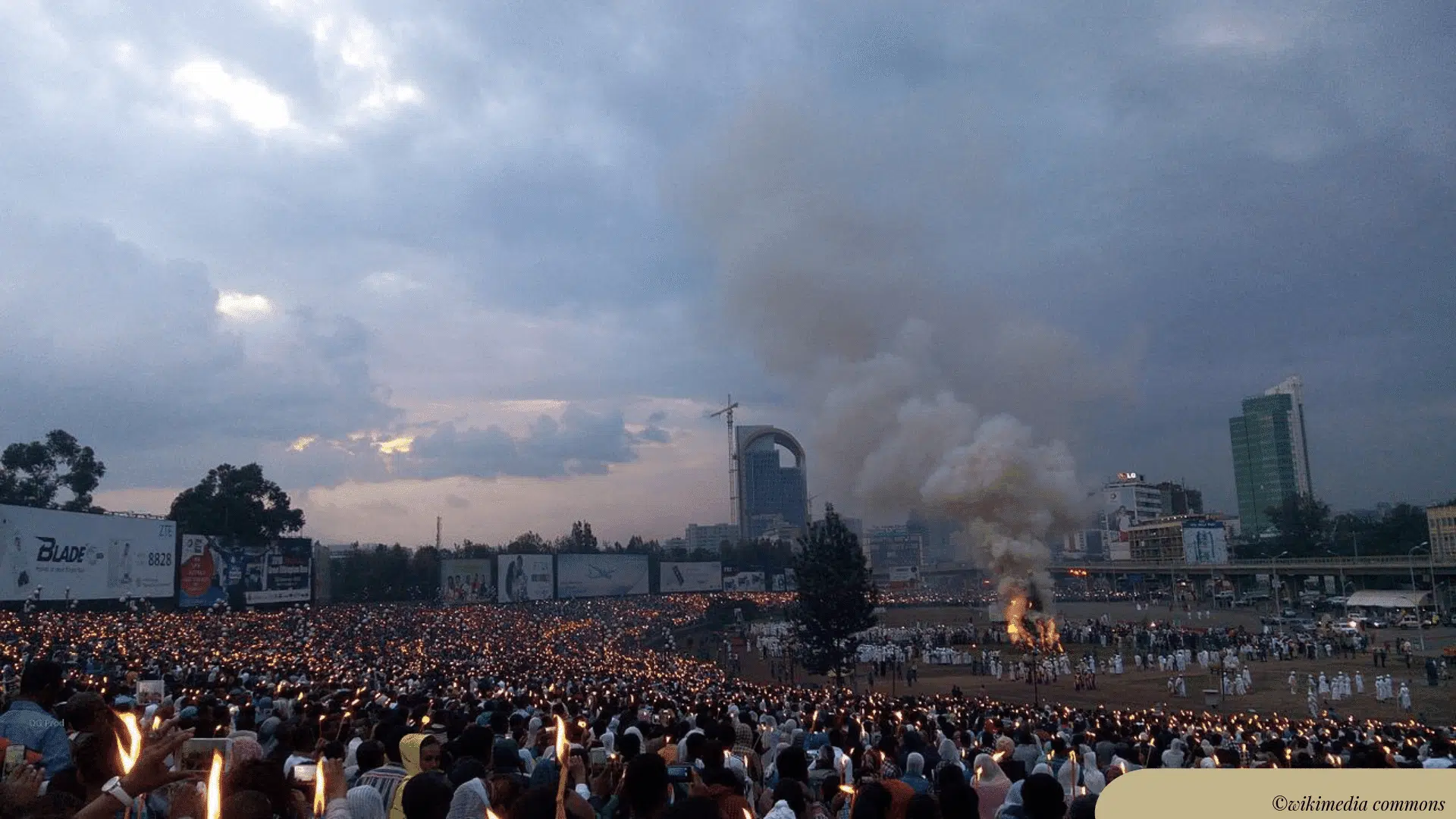 Christmas (throughout Africa)
Christmas (throughout Africa)
As Africa has around 350 million Christians, Christmas is widely celebrated throughout the continent. Carols can be heard from the Congo to Cape Town, goats and other meats are roasted, gifts are exchanged, and people visit with their family.
In Ethiopia, Christmas is celebrated according to the Coptic Christian calendar on the 7th of January.
Timkat – Feast of Epiphany, Ethiopia
The Ethiopian Orthodox Christian’s Epiphany dates back over 1,000 years, and music, food, and processions mark what is also the country’s biggest festival. There are two parts to this celebration. First, there is a ceremony during which a sacred replica of the Ark of the Covenant is carried by devotees to the baptized. This is followed by a blessing as the priest sprinkles blessed water on the crowd and then there is a huge celebration.
Gondar, Lalibela, and Addis Ababa are the best locations to enjoy Timkat.
Read about Victoria’s trip to Ethiopia here.
Other interesting ‘spiritual journey’ trips
Kwita Izina
Every year Rwanda celebrates the gentle giants that roam their forests with an official naming ceremony for the gorilla babies born and new families formed during the preceding year.
The gorillas don’t attend, but this does not stop the country’s president and around 30,000 people from around the world from dancing with the Intore warriors and singing while they celebrate the great success story of Rwanda’s conservation efforts.
African Royalty
The Umhlanga Reed Dance is a private affair for 40,000 young women and the Queen Mother. Reeds are collected and presented to the royal and on the sixth and seventh days women in traditional attire dance publicly. The King of eSwatini himself attends on the last day.
Photographs are strictly prohibited.
Religious holidays that may require special consideration
Ramadan
During the entire lunar ninth month of the Muslim calendar all Muslims fast during the day. They abstain from smoking, food, drink, and other physical needs during daylight hours to purify the soul, focus their attention on God, and practice self-sacrifice.
In as many as 28 African countries, Muslims account for over half the population (45% of Africa consider themselves Muslim) and Ramadan is strictly adhered to here every day until the fast is broken by iftar after nightfall. The festival of Eid ends Ramadan with a grand celebration and a three-day holiday marked by family visits, gifts and lavish meals.
In some places, public observance of the fast is mandatory even if you are not a Muslim.
Hunger and fatigue can bring businesses and government offices almost to a standstill, and public transport can be a problem. As may be expected, tempers may fray. And as the sun sets, celebrations can last until late into the night.
Ramadan in Rothschild Safari Destinations
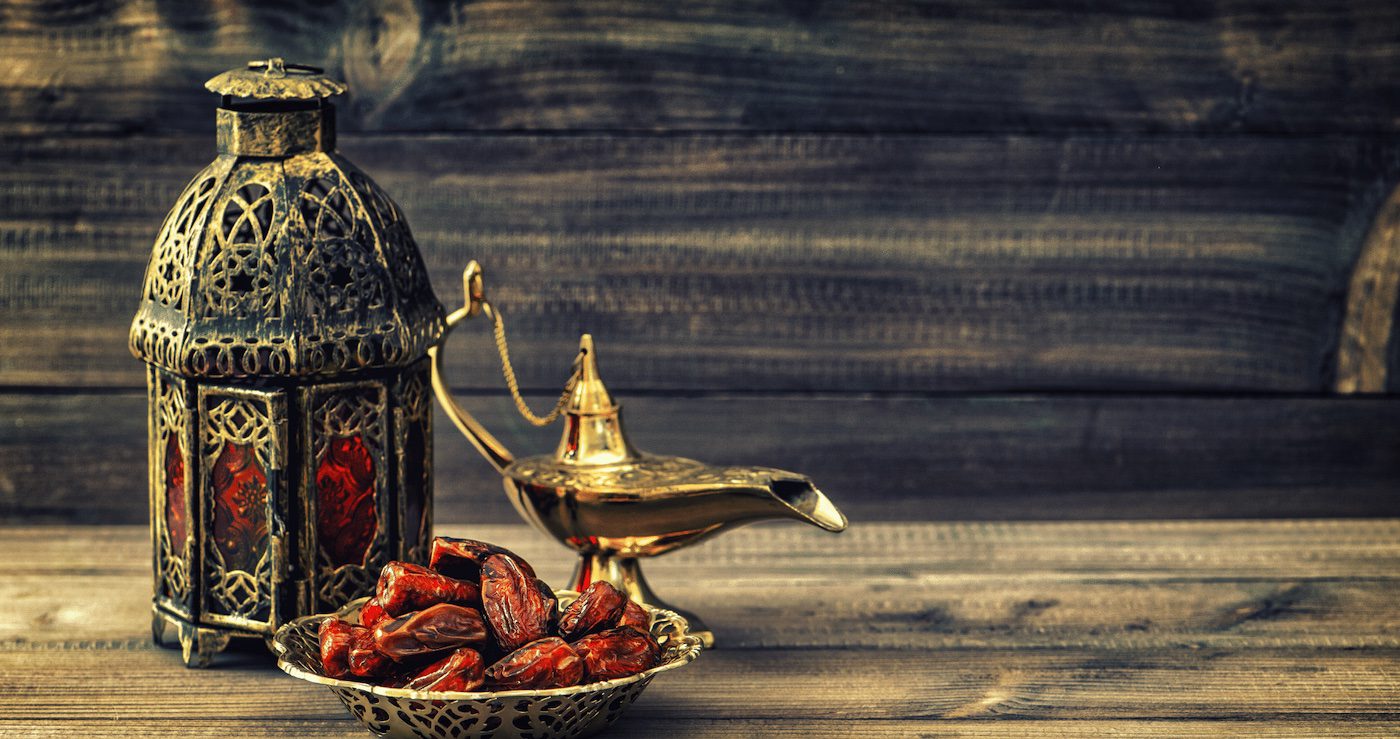
Kenya
The Islamic communities are mostly located along the coast and in the northeast. Fasting is widespread, and small restaurants will not be open during daylight hours. Public transport and government business won’t be affected in Mombasa and Malindi, but it might be a problem further north along the coast.
There is little pressure to participate if you are not a Muslim.
Leora is a specialist on Kenya
Morocco
Tourism centers such as Marrakech, Rabat, and Agadir remain easily navigable, but in rural communities, eateries will be firmly closed until nightfall. It is not advisable to break the fast publicly.
On Djemaa el Fna in Marrakech the evening celebrations are huge.
Tanaya explored Morocco for three months this year
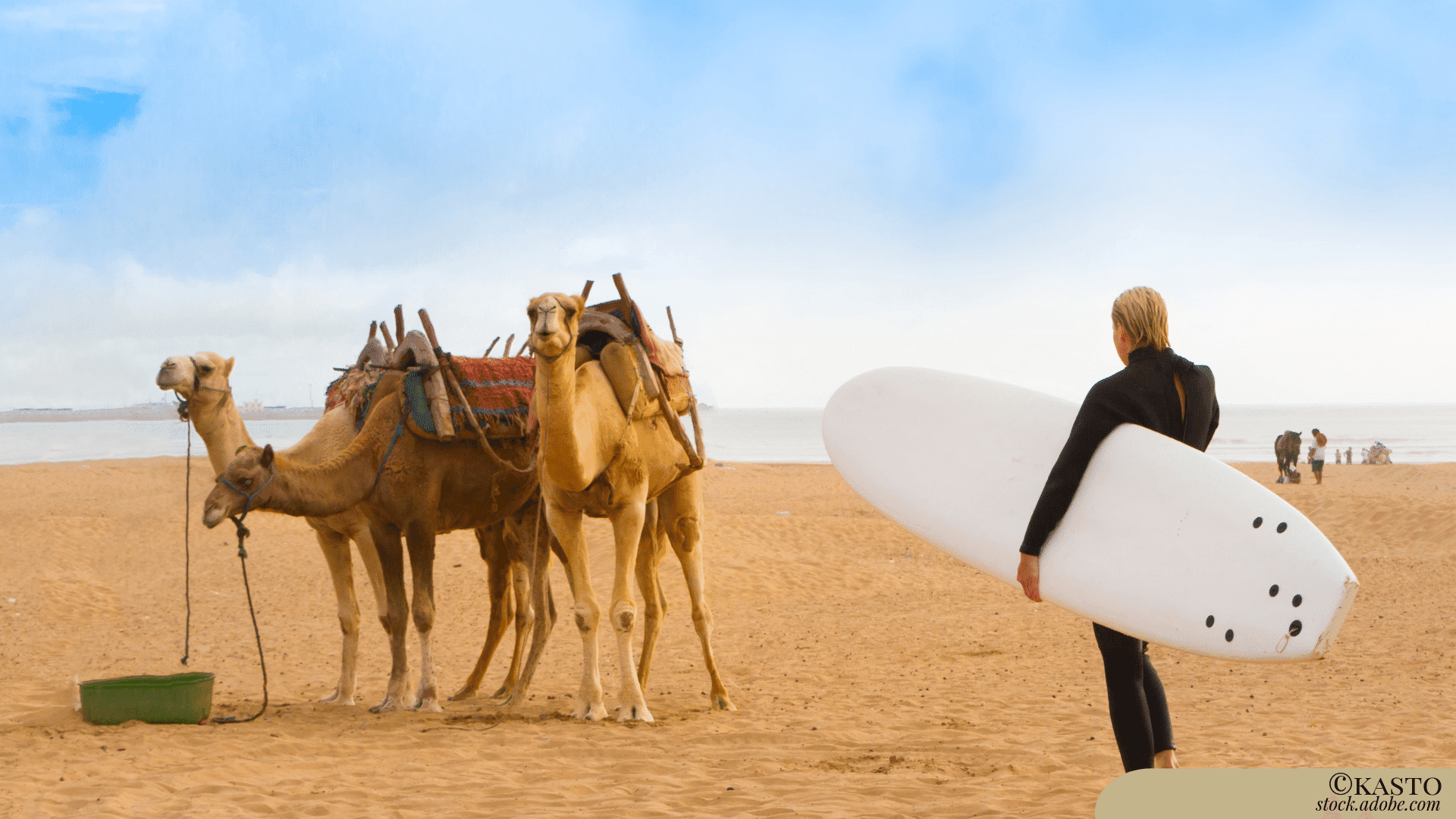
PS: We cannot write about spiritual journeys in Africa without mentioning…
The House of Voodoo
Voodoo ceremonies are mostly centered in West Africa. Benin is the cradle of Voodoo, it is the state religion of the country, and 60% of the population follow the Voodoo religion.
It may be impossible to avoid the herbal medicines, creepy fetishes, roadside shrines, and statues of voodoo gods when you visit Benin at any time of year.
The Ouidah Voodoo Festival celebrated throughout Togo, Ghana, and Benin in early January is the crown of the voodoo calendar.
In Africa, the religion of Voodoo does not carry many of the connotations bestowed upon it by Hollywood. The festival is spectacular, loud and very, very elaborate. Different Voodoo gods are represented. The Egungun was used as a police force in pre-colonial times as it was believed that you would die if you touched them. Everyone remains terrified of these gods, and they enjoy making people scream, run, and roar with laughter in their wake.
Do note: While this is a unique cultural experience, the dances, trances, and fetishes will be accompanied by sacrifices of chickens and goats.
